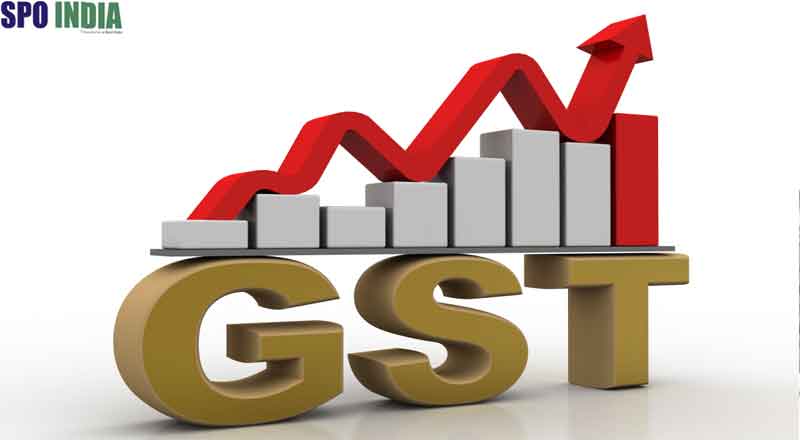In its 53rd meeting, the Goods and Services Tax (GST) Council, chaired by Union Finance Minister Nirmala Sitharaman, made several significant decisions aimed at rationalizing tax rates and expanding exemptions. These changes will lead to reduced costs for various services and goods, including student hostels, railway services, and packaging materials. The meeting underscored the Council’s commitment to easing the financial burden on citizens and improving compliance with GST regulations.
Major Decisions from the GST Council Meeting
- GST Exemption for Student Hostels
Current Situation: Hostels within educational institutions are already GST-exempt.
New Exemption: The Council decided to extend this exemption to hostels outside of educational institutions. This move aims to reduce the financial burden on students and their families.
- Reduced GST Rates on Milk Cans and Packaging Materials
Milk Cans: All milk cans, regardless of whether they are made of steel, iron, or aluminum, will now be uniformly taxed at 12%, simplifying the tax structure and making these essential items more affordable.
Packaging Containers: The GST rate on cartons, boxes, and cases made from both corrugated and non-corrugated paper or paperboard has been reduced from 18% to 12%, benefiting industries reliant on these materials.
- Cheaper Railway Services for the Public
GST Exemption: Several services provided by the railways to the public will now be GST-exempt. These include:
- Sale of platform tickets
- Retiring rooms, waiting rooms, and cloakroom services
- Battery-operated car services
- Intra-Railway Transactions: Transactions within the railway sector by Special Purpose Vehicles (SPVs), such as Rail Vikas Nigam Limited (RVNL) and RailTel, will also be tax-exempt, promoting cost efficiency.
- Biometric-Based Aadhaar Authentication
Combating Fraud: The Council announced the rollout of biometric-based Aadhaar authentication nationwide. This measure aims to prevent fraudulent claims of input tax credits through fake invoices, enhancing the integrity of the GST system.
Extended Time Limit for Small Taxpayers
Submission Deadline Extended: The time limit for small taxpayers to submit their returns in the GSTR 4 form for the financial year 2024-25 onwards has been extended from April 30 to June 30. This extension provides additional time for compliance, easing the burden on small businesses.
Waiver of Interest and Penalties
Relief for Taxpayers: The Council recommended waiving interest and penalties on demand notices issued under Section 73 of the GST Act, which covers cases not involving fraud, suppression, or misstatements. This move aims to provide relief to taxpayers and reduce unnecessary litigation.
Monetary Limits for Filing Appeals
Reduced Litigation: To minimize government litigation, the Council set new monetary limits for filing appeals:
₹20 lakh for GST appellate tribunal
₹1 crore for High Court
₹2 crore for Supreme Court
Pre-Deposit Limits: The maximum pre-deposit amount required for filing appeals before the appellate authority has been reduced from ₹25 crore each for CGST and SGST to ₹20 crore each.
The decisions taken during the 53rd GST Council meeting reflect a strategic approach to rationalizing tax structures, reducing compliance burdens, and fostering economic efficiency. By making essential services and goods cheaper and simplifying the GST framework, the Council aims to enhance the overall economic well-being of citizens and businesses alike.
(With inputs from agencies)





